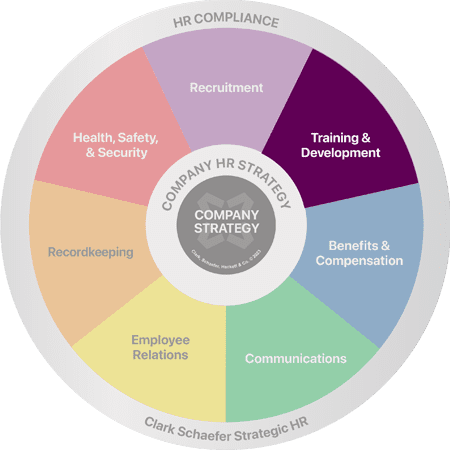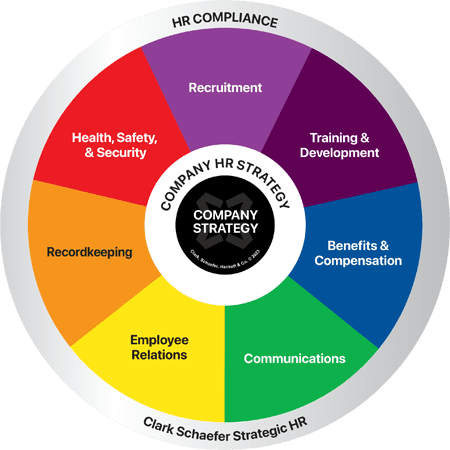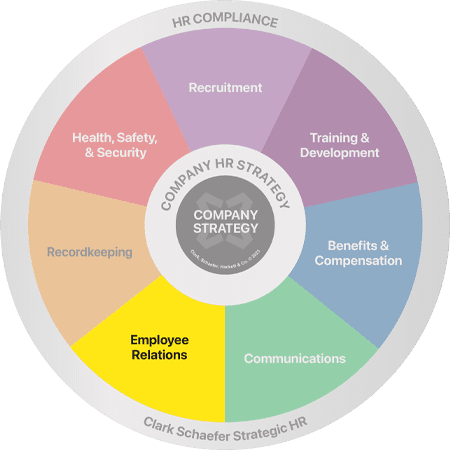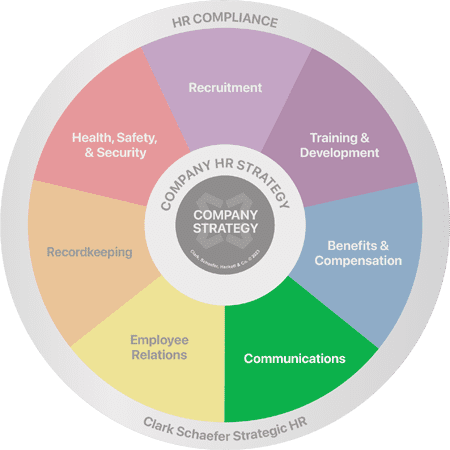The Dos and Don’ts of Creating Training Materials
Last Updated on January 11, 2022 / Training & Development
by Susan Otto, retired from Training-Modules.com, LLC
No matter what jobs, positions, or responsibilities we have, sooner or later we are usually asked to train someone on how to “do it.” And, if we are asked often enough, or if the procedures are complicated, now might be the time to document the material we use to train.
Over the years I have created a few dos and don’ts that I have found to be useful when creating training materials.
First, remember that we’re training adult learners. Adults like to have “hands on” experiences. Stop lecturing. Turn off the PowerPoints. Let’s just “do it” as Nike says. Roll up your sleeves and begin, providing lots of opportunities to practice in order to create the desired outcomes and results.
Okay, okay…you have a PowerPoint presentation already prepared…well, go back through it and see how you can make the content more interactive. In other words, if the learners know part of the content, rather than lecturing them, ask them to share what they know. For example, if they are aware of the reasons employees are not providing input to a process, ask them to share it. Don’t tell them what they already know. Besides, you might actually hear something you didn’t know!
Make your training interactive. Include activities and “games,” such as role plays, case studies, large and small group discussions…you get the idea. There are tons of books and websites available to peruse when on this quest. And you can always join NASAGA’s discussion board at www.NASAGA.org and ask the various experts what they would suggest.
Remember, adult learners come to training classes with experiences and expertise that should be tapped into during the training process. If adult learners link the learning with past experience, they remember it.
Tell the learner what they really need to know. If they want to know the history, background, evolution, etc., then they’ll ask. For now, give it to them straight…and only give them what they need to know. In most cases, time is of the essence. Most of us don’t have time for the “nice to knows.” However, do consider notating the extra information in the facilitator guide.
Give the adult learner a job aid or a participant guide. And, no, I don’t mean a copy of your PowerPoint presentation. In other words, give them something that will be of value to them during the training process and can be used as a reference back on the job. And, remember, the facilitator guide should provide talking points that further enhance the participant guide content.
If you know the material “inside and out,” then you probably don’t need to write a “detailed” facilitator guide. Wrong! That’s the issue. You don’t need a “detailed” facilitator guide, but if you were hit by a bus tomorrow, would someone else know what to do and say? If not, then you better start documenting more of your knowledge. Oh, and be sure to have someone read it later. What is clear to you, may be clear as mud to someone else. Besides, the fastest way to get promoted is to have someone who can competently perform your job!
When you think you’re finished, check:
- The flow of the content. In other words, is the order logical?
- The amount of detail used to explain how to facilitate the activities, simulations, and games.
- The start times, stop times, and breaks.
What most of us know, and seem to forget when creating training for others, is that training should be fun…yes, you read that correctly. When you think of the training that you really, really enjoyed, was it fun? You betcha! Let’s “do” make training fun!
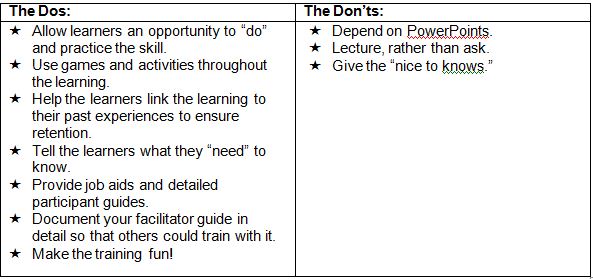
Copyright 2007 Training-Modules.com. All rights reserved. While you may copy this publication, its content may not be modified. You may, and are encouraged to, share the publication with others who may benefit from receiving it.
If you have any questions or would like to share your comments with Strategic Human Resources, Inc. (www.strategicHRinc.com), you can contact us at info@strategicHRinc.com.

